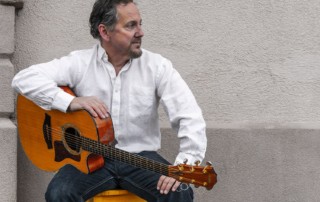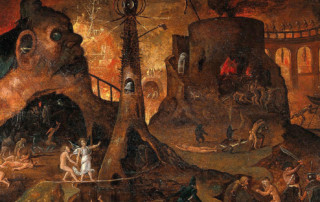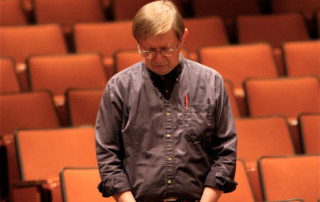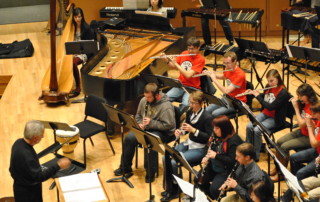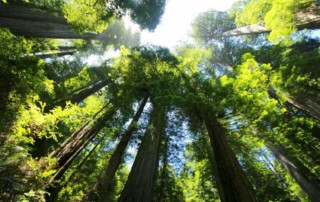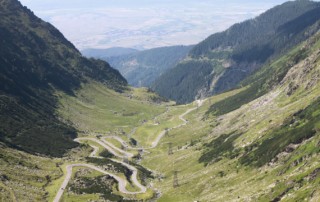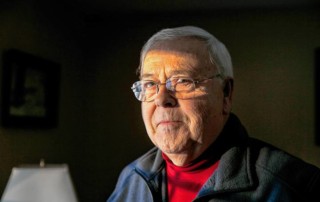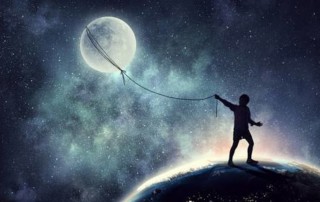Interview with Tiffany Woods (2003)
In May 2003, Tiffany Woods emailed David a series of questions in the course of writing a paper. She was a student at the University of North Carolina Greensboro and taking a Band Literature course with Dr. John Locke. David wrote a thorough response. The interview has been excerpted from their correspondence and interleaved here. It has been lightly edited for spelling and style.
Tiffany Woods: I’ve read your interview with saxophonist Russell Peterson and first I want to talk a little about your compositional process and you referred to what you termed “active imagining.” While to some degree this makes sense in terms of a ‘programmatic’ piece, such as A Child’s Garden of Dreams and maybe even the Mass, when you sit down to “compose a symphony” does the same concept still apply?
David Maslanka: “Active Imagining” is a term used by the psychologist Carl Jung. It is a way of moving the conscious mind into the space of the unconscious. They closest thing to it that most people do is daydreaming. The difference is in being aware that it is happening, and in finding ways to deepen the experience. The result is that it is possible to approach the unconscious directly and to ask for the direction or energy that wants to become music. The process applies equally to all kinds of music. It isn’t about whether the music has a story, but about opening the channel […]

